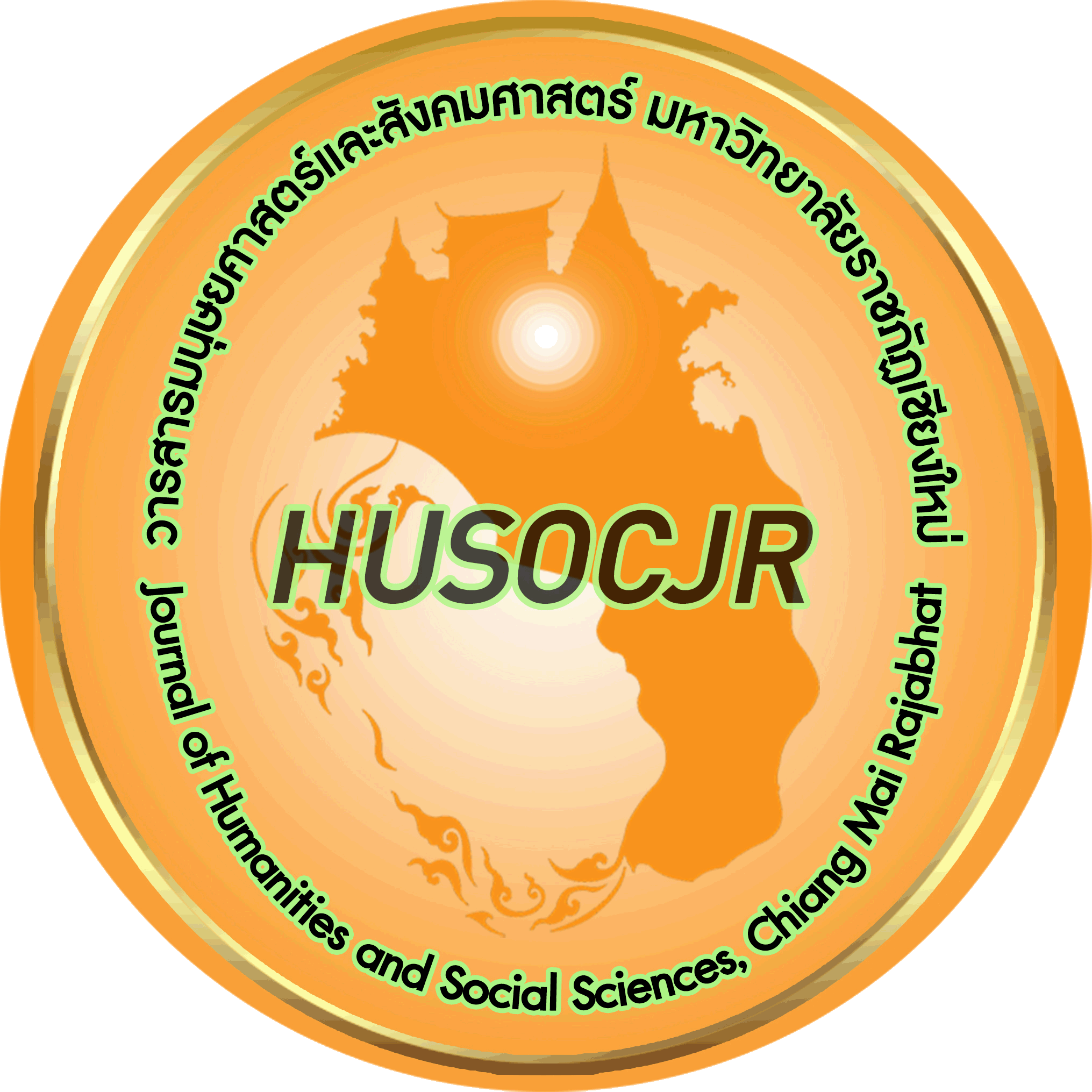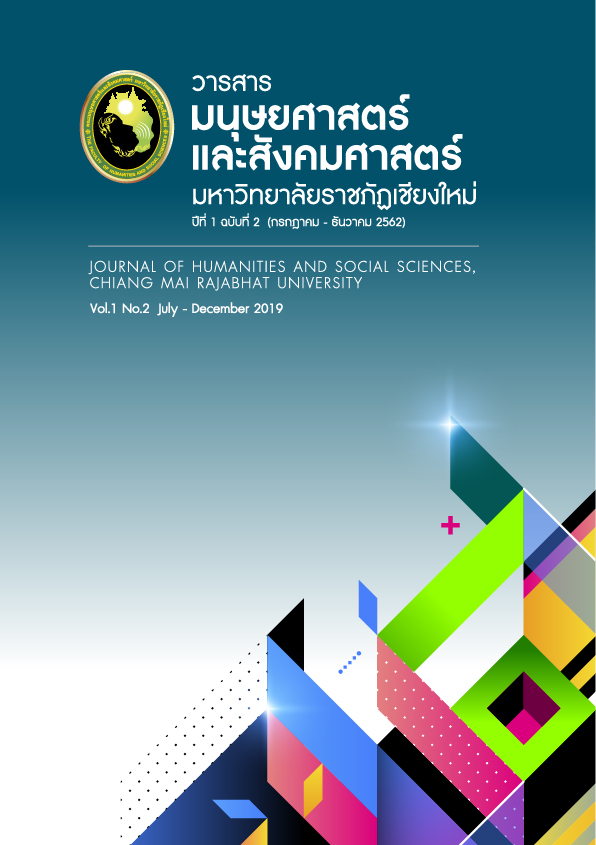Work-based Learning: Case Study A Pilot Program for Business English Students at Chiang Mai Rajabhat University, Thailand
Main Article Content
บทคัดย่อ
Educational institutions around the world, especially in the developing countries, are often criticized for their lack of substance to deliver the required skills for students to strive in real world. These shortcomings are often attributed to outdated class material and teaching methods. Furthermore, competing in current world of technology and constantly changing work environments place pressure on both educational institutions and academics to provide quality programs in order to enhance students’ competencies to compete in this competitive world.
This case study is based on the observation made on a group of 32 students enrolled in the 4th year of Business English program at Chiang Mai Rajabhat University, Thailand, in the first semester of 2018. As part of their curriculum, these students participated in this pilot program which offered them a hybrid classroom-workplace experience. The objective of this program was to assess the impact of Work-based Learning (WBL) and to evaluate whether students would gain a broader set of skills by participating in such programs. This program was unique in the sense that it offered a classroom-workplace mix in the same semester.
This purpose of this paper is to summarize the highlights and shortcomings of this program, to assess the impact of the WBL approach and finally, to evaluate the effectiveness of WBL which may be applied to more junior years in the Business English program.
Downloads
Article Details
* กองบรรณาธิการทรงไว้ซึ่งสิทธิในการพิจารณาและตัดสินการลงตีพิมพ์ในวารสาร
** ทัศนะและข้อคิดเห็นที่ปรากฎในบทความต่าง ๆ ของวารสารเป็นของผู้เขียน มิใช่ความคิดเห็นของกองบรรณาธิการ
และมิใช่ความรับผิดชอบของคณะมนุษยศาสตร์และสังคมศาสตร์ มหาวิทยาลัยวิทยาลัยราชภัฏเชียงใหม่


